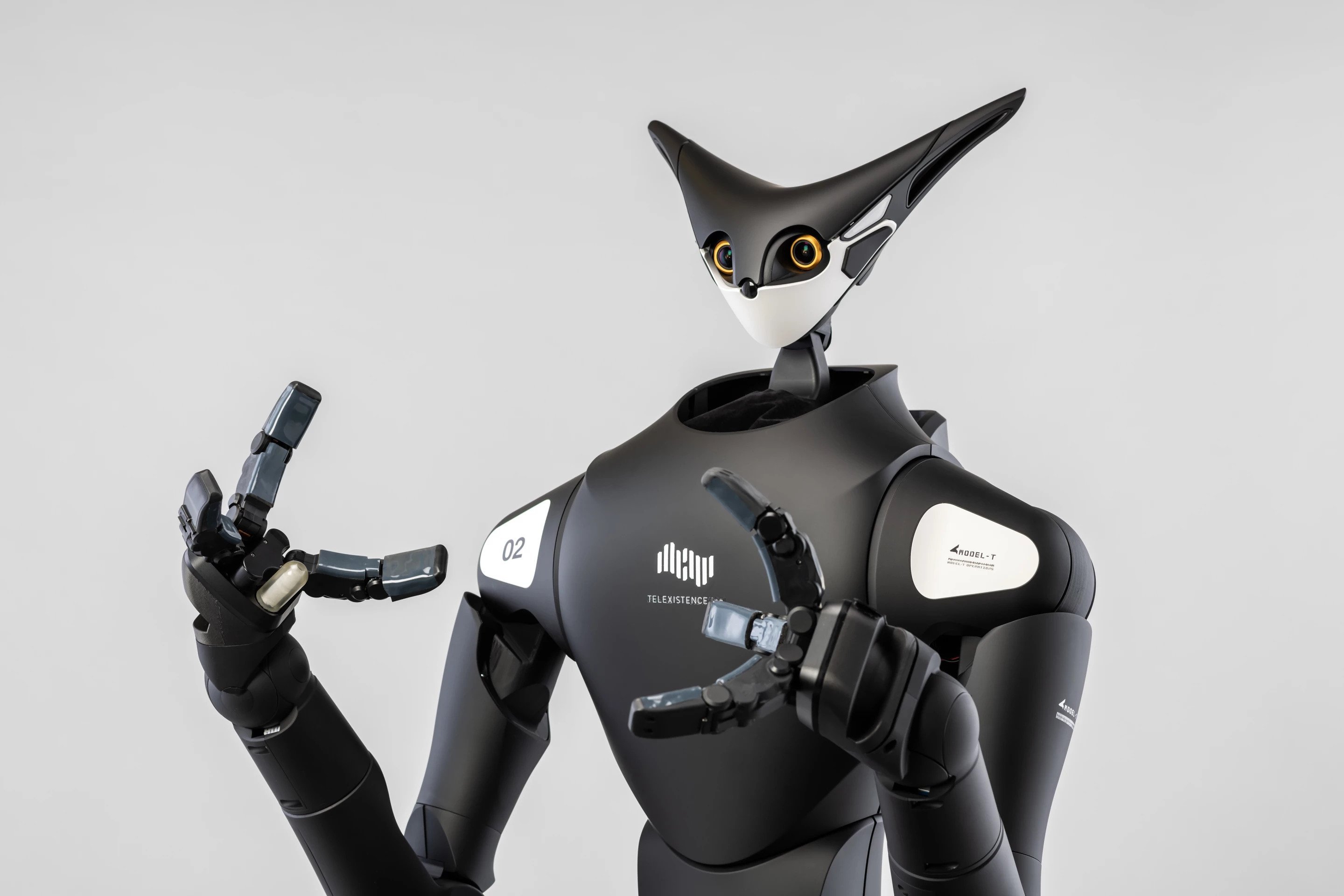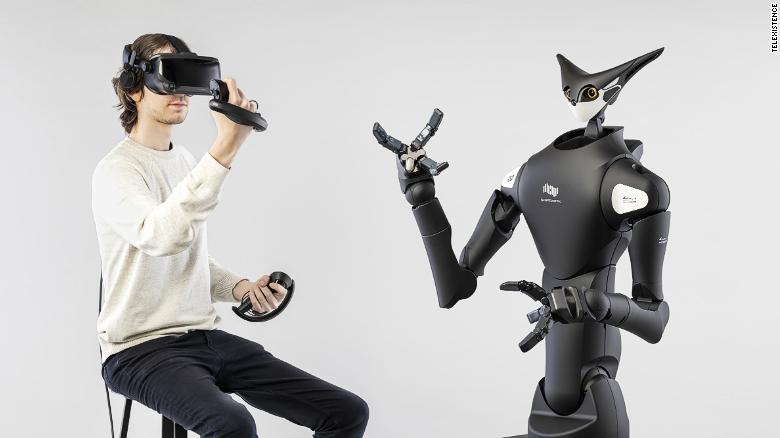
Faced with a declining population and shrinking workforce, Japan has been increasingly turning to robots for help. Over the years, the androids have been deployed to perform a large number of human tasks, including building products and providing care and companionship for the elderly. The latest addition to the Japanese "workforce" may be Model-T. This seven-foot-tall robot is currently undergoing trials restocking sandwiches, drinks, and ready meals on shelves at select locations of local convenience store chains Lawson and FamilyMart.
Model-T, whose face vaguely resembles that of a kangaroo, is certainly not the first restocking robot. However, the warehouse robots currently being used by companies, like Walmart and Amazon, are only able to accomplish single, repetitive tasks, such as stacking boxes. Model-T, on the other hand, has a wide range of movement and can be used to restock objects of various sizes, making it ideal for convenience and grocery stores, which sell a large variety of items.
"It is able to grasp, or pick and place, objects of several different shapes and sizes into different locations," Matt Komatsu, head of business development and operations at Telexistence Inc., the company behind Model-T, told CNN Business.
Named after the classic Ford Motor car that began the era of mass motoring a century ago, Model-T is not autonomous. Instead, it is operated by human "pilots" wearing a virtual reality (VR) headset and special gloves, which allow them to feel the product the robot is holding in their hands and guide it to the right shelf. Since the video connection between the robot and the human operator has a mere 50 milliseconds latency, the navigation process is seamless. Telexistence says the VR-controlled androids are easier to develop and maintain. They are also ten times cheaper than autonomous robots, which require complex programming.
Model-T's easy-to-use controls require little training and can be operated from a remote location. During the August 2020 trial at a Tokyo FamilyMart store, the robot was directed from a VR terminal located at the Telexistence office about five miles away. Tomohiro Kano, a general manager in charge of franchise development at FamilyMart, believes this capability will enable the chain to recruit employees who would typically not work in stores. "There are about 1.6 million people in Japan who, for various reasons, are not active in the workforce," Kano told Japan Times.

Though Model-T appears to be breezing through the trials, it is not quite ready to enter the labor force. Besides being a lot slower than human stockers, it is also only capable of lifting packaged items, and cannot grasp loose items such as fruits and vegetables. Telexistence is working to improve the limitations and hopes to introduce a faster, more agile Model-T within the next two years. The company believes that in addition to retail, the robots could also be useful in hospitals, allowing doctors to perform surgeries from remote locations.
Resources: newatlas.con, cnn.com
